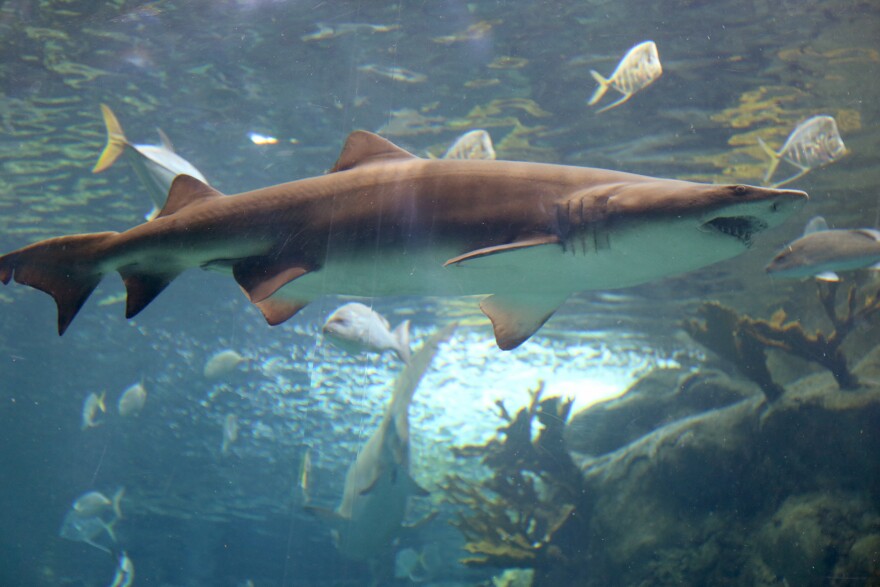Unprovoked shark bites dropped around the world by 25 percent in 2018, with the number of attacks in Florida falling even more.
The International Shark Attack File defines an unprovoked attack as one that is initiated by a shark in its natural habitat.
Worldwide, attacks fell from 88 in 2017 to 66 in 2018. In Florida, the number plummeted from 31 incidents in 2017 to 16 in 2018. That accounts for half of the U.S. total.
Volusia County regularly sees the most shark attacks in the world, but the number also fell from nine in 2017 to four in 2018.
According to Gavin Naylor, director of the Florida Program for Shark Research, the lower numbers may be connected to the population decline of blacktip sharks. The blacktip species is most documented for bites in Florida.
“The fact that numbers of that particular species appear to be diminishing would be consistent with the number of bites being a little lower than in past years,” said Naylor.
Blacktip sharks are especially prevalent on Florida’s Atlantic coast where they feed on fish in the surf zone. According to the ISAF, 53 percent of shark bites involved board sports, like surfing. Board sports generally take place in these shallow areas and create water disturbances that can alert sharks.
The low number of attacks worldwide last year runs contrary to the average of 84 attacks annually between 2013 and 2017.
Researchers say possible factors for the decline include a lower number of sharks and swimmers being more careful at the beach.
According to the ISAF, shark populations around the world are in decline due to habitat loss. Overfishing has also contributed to a steep drop in marine wildlife as fisheries continue to kill around 100 million sharks and rays every single year.
While other environmental factors like high water temperature, hurricane activity and red tide may also play a part in the decline of shark populations and subsequent bites, Naylor warns against jumping to conclusions.
“We have to be careful when we put too much weight on a single observation,” he said.
“My hope is that the lower numbers are a consequence of people becoming more aware and accepting of the fact that they’re sharing the ocean with these animals,” said Naylor. “What the public needs to do is become informed about these animals, understand their behavior patterns and listen to the guidelines issued by beach safety patrols.”
Shark bites continued making news over the past year. Two great white shark attacks occurred in Cape Cod, Massachusetts, one of which lead to the area’s first death in 82 years.







